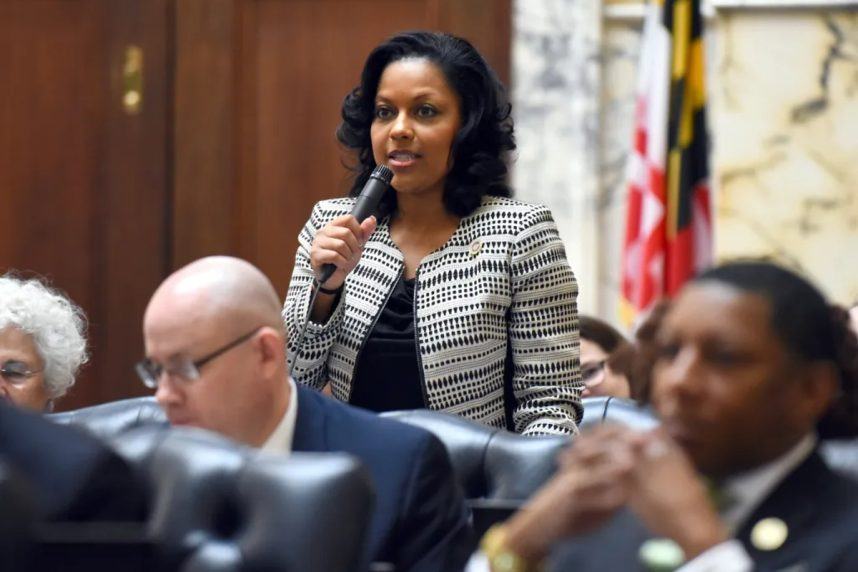Published on: January 7, 2025, 09:07h.
Last updated on: January 7, 2025, 09:16h.
A bill has been introduced in Maryland to legalize online casino gambling, proposed by the same House lawmaker who advocated for internet casinos and table games last year.

House Bill 17, prefiled by Delegate Vanessa Atterbeary (D-Howard), aims to permit online casino gambling in Maryland, with participation from the state’s current commercial casino operators.
The proposed legislation also includes provisions for sportsbook licensees to engage in online gaming. The Maryland State Lottery and Gaming Control Commission would oversee the regulation of the expanded gambling, including the issuance of five iGaming licenses through competitive bid rounds.
The bill proposes a tax structure for revenue allocation to support elementary and secondary public education. Last year, Atterbeary suggested a 55% tax rate on iGaming gross revenue, with proceeds designated for the Blueprint for Maryland’s Future.
Each iGaming license would cost $1 million for a five-year period. Additionally, responsible gaming measures are included, such as mandatory messaging on platforms and prominent display of resources for those in need of assistance.
While Atterbeary’s 2024 iGaming bill cleared the House, it encountered obstacles in the Senate.
Social Equity
Atterbeary’s online casino legislation mirrors Maryland’s approach to sports betting, aiming to promote racial and social equity within the sector. Maryland’s sports betting law of 2021 directed the Sports Wagering Application Review Commission to prioritize diversity in awarding licenses.
Acknowledging the delayed rollout of mobile sports betting due to disparity analysis requirements, Atterbeary proposes a similar rollout for iGaming. The bill encourages the commission to favor bids from “social equity applicants” for iGaming licenses.
Applicants seeking social equity status must meet specific criteria, such as residing in economically disadvantaged areas or attending schools with high Pell Grant eligibility.
Voters Have Final Say
Currently, legal iGaming is limited to seven states. As scrutiny mounts on the rapid expansion of sports betting and calls for federal oversight grow, industry analysts are skeptical about additional states legalizing online casinos this year. Maryland voters would ultimately decide the fate of Atterbeary’s iGaming proposal through a statewide ballot referendum, should it pass the legislative process.


